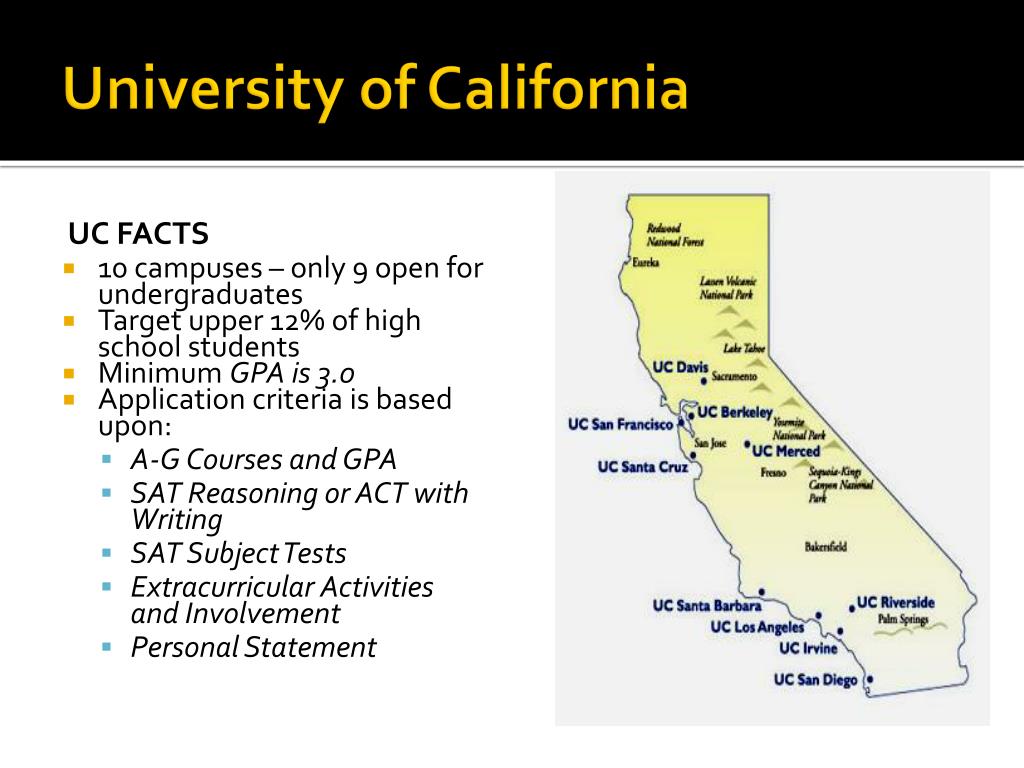
Students put together a faculty committee for each field, develop a reading list with those faculty, and write a take-home exam. Comprehensive ExamsĬomprehensive exams provide students with a breadth of knowledge within each of their two areas of concentration. Typically, one or two of the field-specific courses and/or the elective are directed studies connected to a student’s culminating project. Field specific courses include one historiography course ( History 510) in each field of concentration and a research seminar in one of the two fields. History, World History, Modern European History or Ancient and Medieval History) and one elective. In addition, each student takes three courses in each of two fields ( U.S. Students typically choose to take two courses per semester, but have the option of adjusting their course loads to accommodate work schedules, etc.Īll students are required to take three core courses: History 501 – Historical Thinking, History 502 – Historical Writing and Research, and History 590 – Comparative History. requires 10 three-unit classes (30 units) including directed studies associated with the culminating projects (comprehensive exams, thesis, teaching unit).

Three choices of culminating projects, Comprehensive exams, thesis, or Teaching unit (for secondary teachers), let students tailor their programs to their future goals.

Individualized program plans that balance disciplinary training with personal interests and degree goals.One-on-one mentoring from nationally recognized faculty.Program Overview Program Overview Highlights College of Education Requirements for Secondary Teaching.


 0 kommentar(er)
0 kommentar(er)
